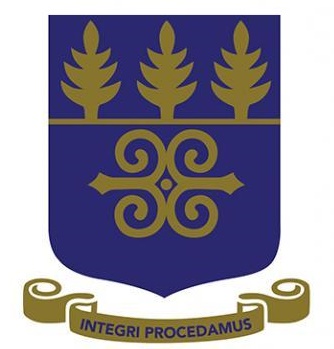Biomedical Engineering involves the application of concepts, knowledge, and approaches of virtually all engineering disciplines (examples: Electrical, Mechanical, Chemical, Materials and Computer Engineering) to solve specific healthcare-related problems.
The multidisciplinary nature of this field makes specialisation at the undergraduate level impractical. The core curriculum is, therefore, designed to introduce students to all aspects of Biomedical Engineering. Highly motivated students may acquire areas of speciality by selecting electives from other departments of the School of Engineering.
Biomedical Engineers often need to bring together knowledge and techniques from different engineering fields, as well as information from the life sciences. As a result Biomedical Engineering is usually described as a bridge between engineering and the life sciences. Additionally, creativity is valued and design experience is incorporated throughout the curriculum.
AIMS AND OBJECTIVES
The Programme generally aims to:
- Provide solid fundamental knowledge in life sciences and engineering.
- Encourage creativity, self-learning and innovation (design of devices, components or processes that meet desired needs in Biology or Medicine).
- Develop awareness of the wealth of possibilities available to Biomedical Engineering graduates.
- Prepare students for careers in postgraduate schools, Biomedical Engineering practice in industry and even opportunities unforeseen.
- Produce graduates for leadership roles in a rapidly-changing environment.
- Foster an appreciation of how economic, ethical, political and social factors affect the practice of Medicine and Biomedical Engineering.
- Produce individuals who can work well either independently or in a team.
INDUSTRY AND GLOBAL TRENDS
In order to enhance medical care, there is a shift from discrete devices to connected technologies. In view of this, Biomedical Engineers ensure that medical systems function with reliable and efficient machinery and equipment. Innovations in Biomedical Engineering include the development of artificial joints, Magnetic Resonance Imaging (MRI), the heart pacemaker, arthroscopy, angioplasty, bioengineered skin and kidney dialysis and heartlung machines.
Biomedical Engineers predict that advances in electronics, optics, materials and miniaturisation will push development of more sophisticated devices for diagnosis and therapy such as imaging and virtual surgery. With this enhanced ability to incorporate molecular-level information into complex models, it might be possible to diagnose and treat diseases ranging from osteoarthritis to Alzheimer’s disease.
ASSESSMENT
Students are assessed through a combination of assignments, examinations and projects.
TUITION METHODS
Class discussion, Note dictation, Practical Sessions
CAREER PROSPECTS
Biomedical Engineers apply their expertise in a multiplicity of areas including:
- Industry
- Hospitals
- Research facilities of educational and medical institutions
- Water Resource Engineers
- Teaching
- Government regulatory agencies

